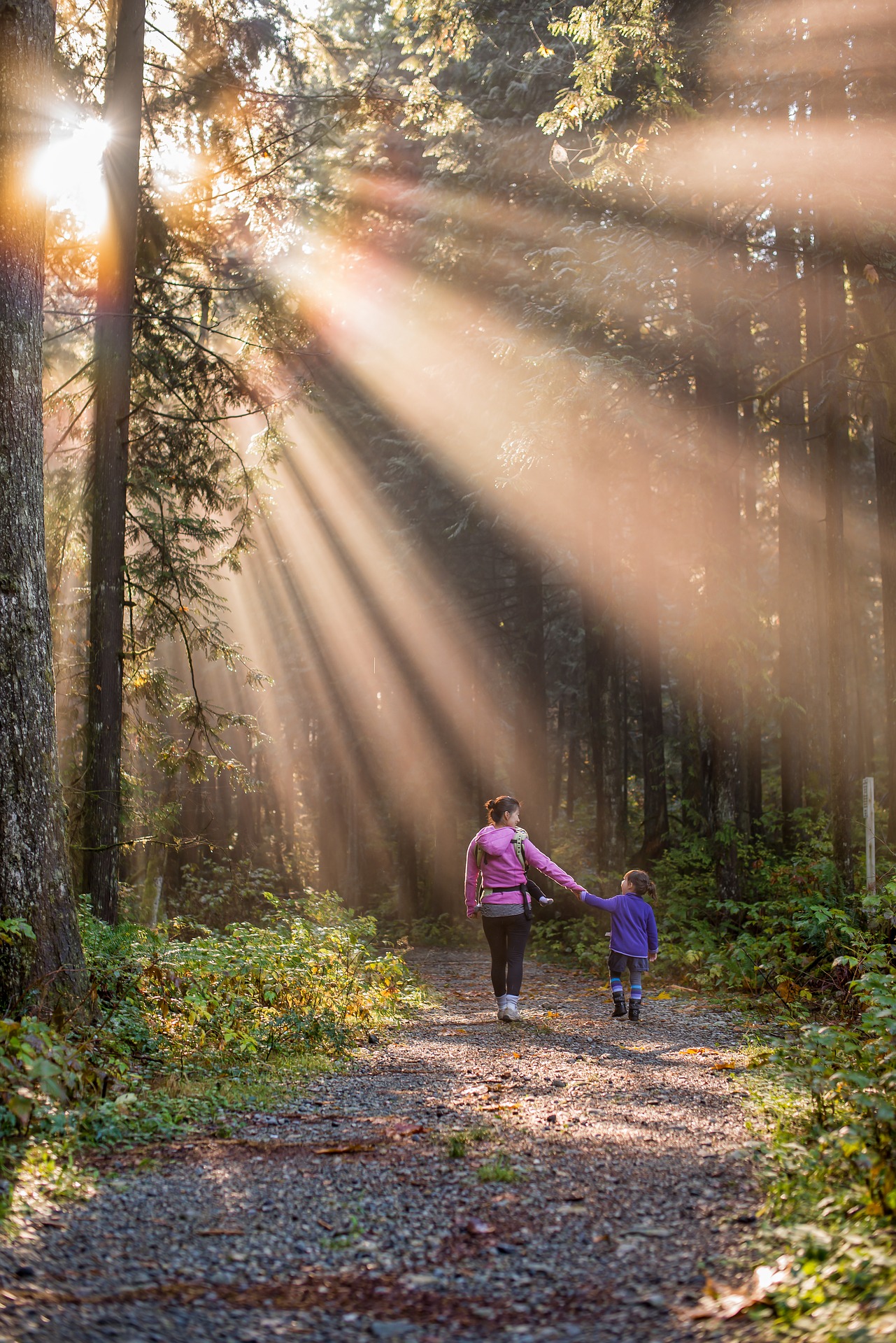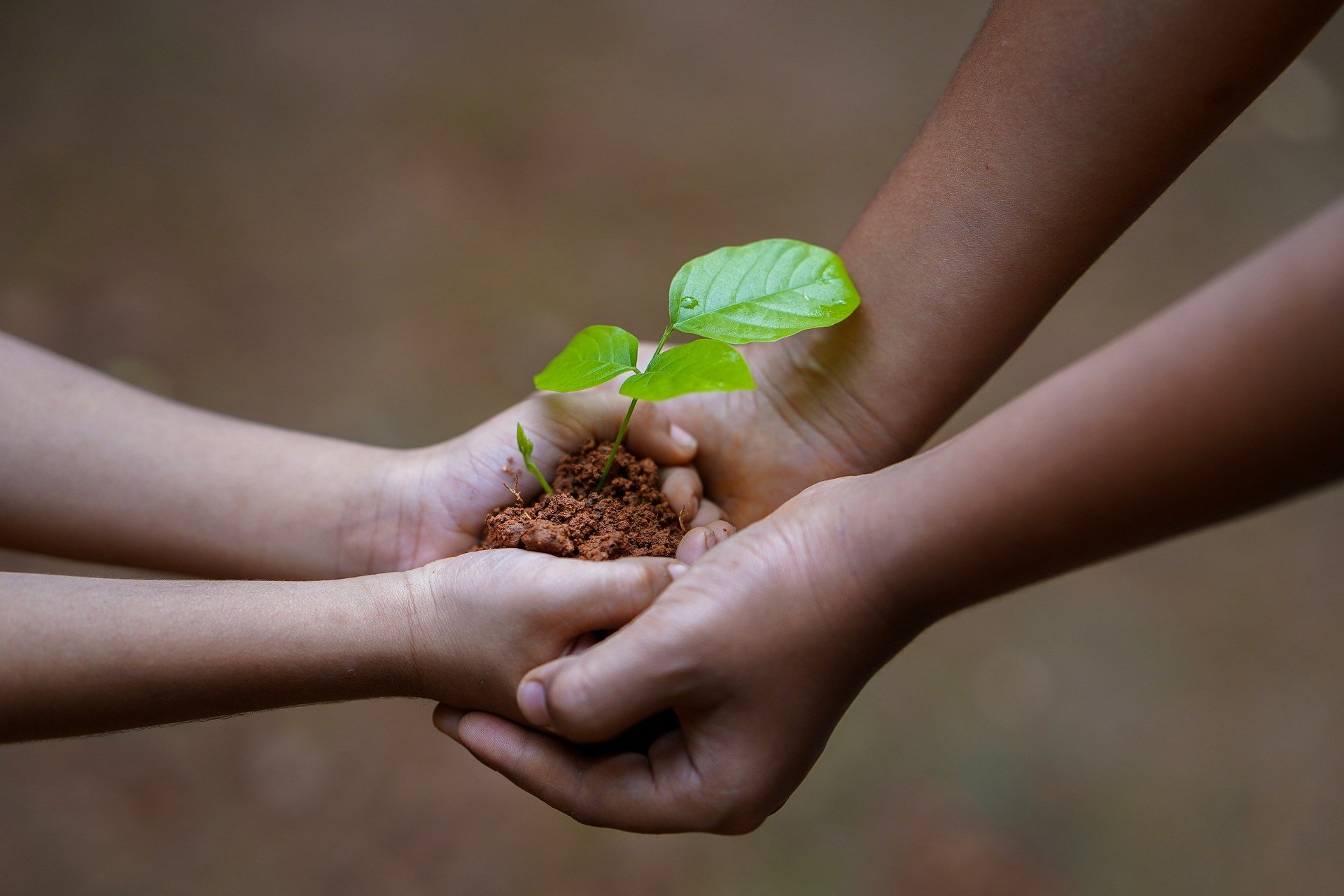
Dear Eartha, A few days ago, my neighbor and I were chatting about the wildfires and drought the west has experienced this year. I mentioned that we’ll see more of these disasters because of climate change, and she quickly changed the subject. How can I talk to friends and neighbors about climate change without losing their interest?
When it comes to talking about climate change, there’s an important balance between science and emotion – too much of either and we risk overwhelming and ultimately losing the interest of our friends. But that doesn’t mean you should avoid talking about it. Using a few key techniques, you can have effective conversations about climate change. It all comes down to values and word choice.
Who cares?
According to a 2020 study conducted by the Yale Program on Climate Change Communication 72 percent of people in the United States understand climate change is happening and 57 percent acknowledge that the current warming is primarily caused by humans. But if all these people realize what’s going on, why aren’t more of us trying to reduce the impacts of climate change?
Because we’re not talking about it! Yale’s research shows that 64 percent of people rarely or never talk about climate change. Media and politicians lead us to believe that climate change is a divisive issue when the truth is the majority of us agree that it’s real and we should do something about it. But if we don’t talk about it, we don’t realize how mainstream climate concern is. So, how can we inspire our friends into action?

Values, Goals, and Perspective
Texas Tech University climate scientist, Katherine Hayhoe, examines this very topic in her TED Talk about climate change conversations. Her advice is that, “We don’t need to be talking more about science, we need to start talking about why it matters to us.”
To understand how someone might make a connection with climate change, you first need to understand what they value. Then you can help them connect the dots between what they care about and how it relates to climate change. For example, do they love the outdoors? Talk about how you love rafting and want to help keep rivers healthy and full of water. Do they have children? Talk about leaving behind a world where their kids and grandkids can breathe clean air. For those with older kids, discuss the job opportunities that renewable energy investment will provide.
Next, consider a local perspective. For Coloradans, we’ll resonate more strongly with the links between climate change and the ski industry or the health of our forests more than we would with rising sea level.
According to The Psychology of Climate Change Communication Guide published by Columbia University, a powerful way of getting your message across is to consider people’s goals: do they view their goal as making something good happen, or preventing something bad from happening? This is another communication technique that is important when talking about climate change.

For example, depending on your friend, you can frame the same message in two ways – promotion or prevention: We have the opportunity to support policies that improve the air we breathe and implement technologies that save us money. Or, We must invest in renewable energy to prevent increased droughts and wildfires.
Take climate out of the equation
I know what you’re thinking – whoa, you just said we need to talk about climate change, now you’re saying to take it out of the equation? Well, not entirely. But you can help put things into perspective by setting aside the climate issue momentarily. Regardless of climate change, wouldn’t we all still want cleaner air, healthy rivers and forests, robust agricultural systems, less waste, more jobs, and tons of snow? I sure would. And hopefully, your friend would, too.
Don’t give up. Help your friends and neighbors make the connection between their values and how life would be better if we all protected the places we live, work, and play. As Hayhoe says, “We don’t have to be a liberal tree-hugger to care about the climate, all we have to be is a human living on this planet.”
